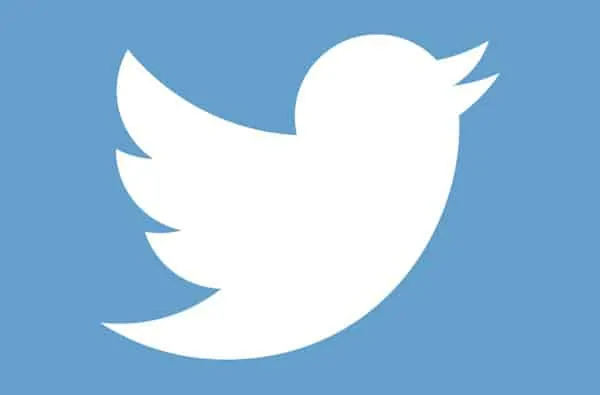Twitter (NYSE:TWTR) probably isn’t dead. Provocative headlines notwithstanding. After all, so long as President Trump is in power we will be forced to, at least occasionally, check in to the struggling social network. But you have to wonder a bit, how much longer can Twitter last as a going concern, or as a small publicly traded company.
Today’s numbers demonstrate the difficulties of attaining, and then retaining and growing (the real hard part) an engaged user base — even with a brand as well known as Twitter:
- U.S. user base fell 2 million to 68 million users
- Global user base remains flat q/q at 328 million users
- Advertising continues to decline
- Revenue fell again, to $574 million
- Sales are not expected to improve in 2H 2017
Poor financials don’t necessarily mean the company is not offering an effective communications platform. Breaking news. Sports highlights. Events. Celebrity announcements. And, increasingly, political rants, are just a few of the high profile uses for Twitter. Facebook is the obvious gorilla. With Facebook Live streaming it can do many and even more of the things Twitter can, yet it seems when it comes to the viral transfer of information — true or false — Twitter remains the best.
Could it be that the original use case for Twitter is why the technology was created in the first place?
Twitter was originally created for emergency messaging (to oversimplify). That it’s now used for breakfast updates, selfies, and sharing the banality of daily life is not something that most could foresee. Then again: Snapchat, Instagram, Swarm, and on and on. Our lives are increasingly diced into millions of micro-sized, easily digestible (though not always palatable) status updates.
I’d argue that once repetition bores us to death — another meme! — what’s left are meaningful Tweets. The problem? Finding them. The signal-to-noise ratio is very low on Twitter. That’s why management has been focusing on new features that surface relevant and valuable information to users (trending section on the search screen is one small example).
As for “conversations” it seems to me that Twitter remains the poster child for the proverbial echo chamber. We are all just staring into the abyss, while imaging ourselves influencers, movers and shakers, and the most important humans to ever walk planet earth. Right?! So important that our every opinion, every prediction, every share is monumental. Yet, none of that really creates value. Therein lies the problem. If the core content and product aren’t built on value then how can a company possibly build a sustainable, long-term business model on top of it?


